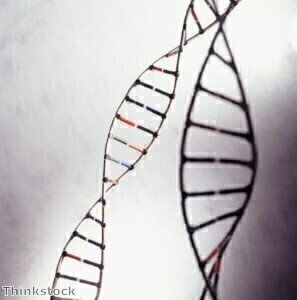Microscopy & microtechniques
Multiple DNA repair defect in monocytes
Feb 02 2012
Scientists have found that monocytes are extremely sensitive to reactive oxygen species (ROS), which are aggressive forms of oxygen generated during states of oxidative stress.
Scientists at the University Medical Center in Mainz looked to address the undesirable effects of ionizing radiation and drugs used to treat cancer on the impairment of the immune system. The immune system ceases to function properly during treatment, however, which immune system cells respond most sensitively following radio and chemotherapy and which cells remain resistant is still unknown.
Professor Dr Bernd Kaina, director of the Institute of Toxicology at the University Medical Center in Mainz, commented that: "We were able to demonstrate that human monocytes are hypersensitive to reactive oxygen species (ROS), while macrophages and dendritic cells derived from monocytes by cytokine maturation are resistant."
This extreme sensitivity of monocytes after exposure to radiation, chemicals, and even oxidized low-density lipoprotein (oxLDL), plays a role in atherosclerosis.
Posted by Ben Evans
Digital Edition
Lab Asia Dec 2025
December 2025
Chromatography Articles- Cutting-edge sample preparation tools help laboratories to stay ahead of the curveMass Spectrometry & Spectroscopy Articles- Unlocking the complexity of metabolomics: Pushi...
View all digital editions
Events
Jan 21 2026 Tokyo, Japan
Jan 28 2026 Tokyo, Japan
Jan 29 2026 New Delhi, India
Feb 07 2026 Boston, MA, USA
Asia Pharma Expo/Asia Lab Expo
Feb 12 2026 Dhaka, Bangladesh

.jpg)
-(2).jpg)
















